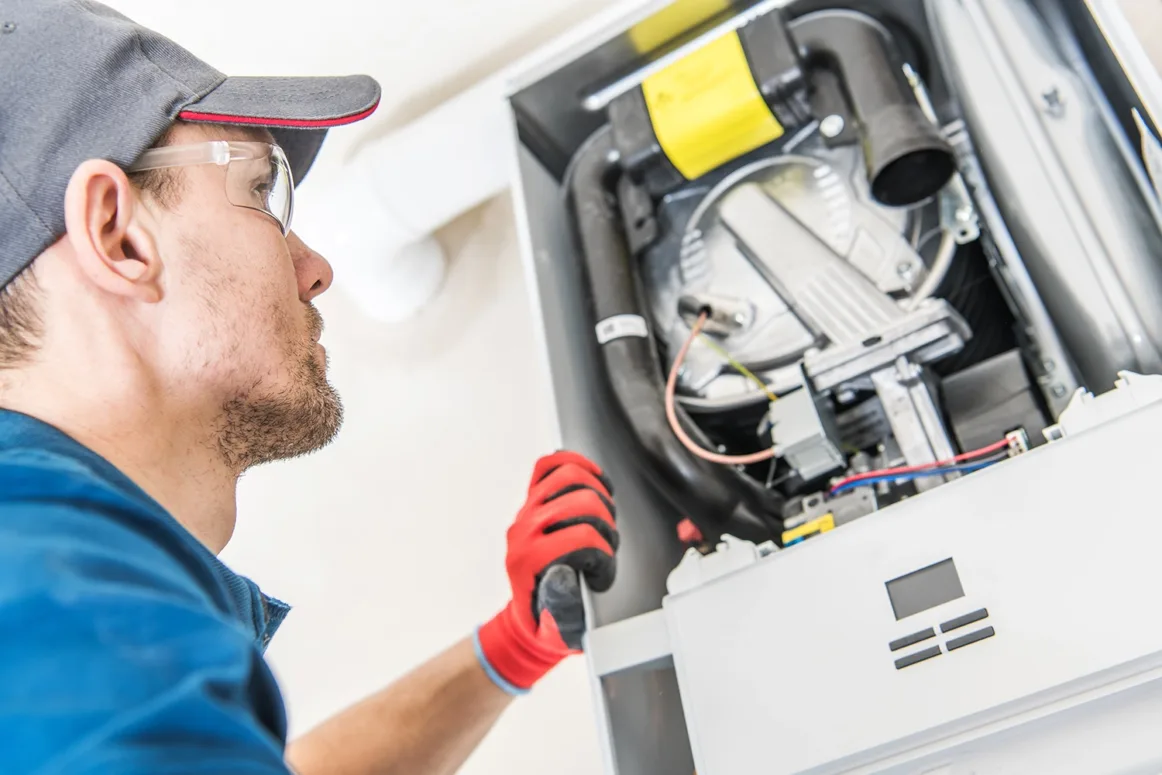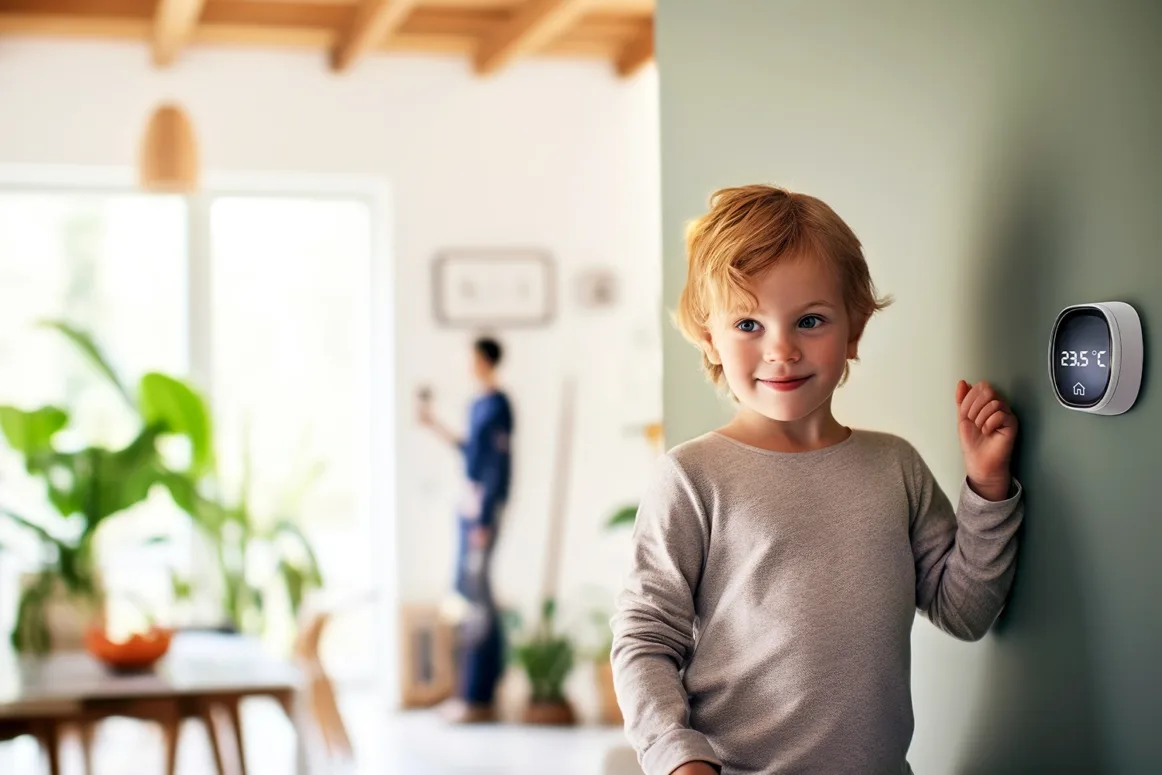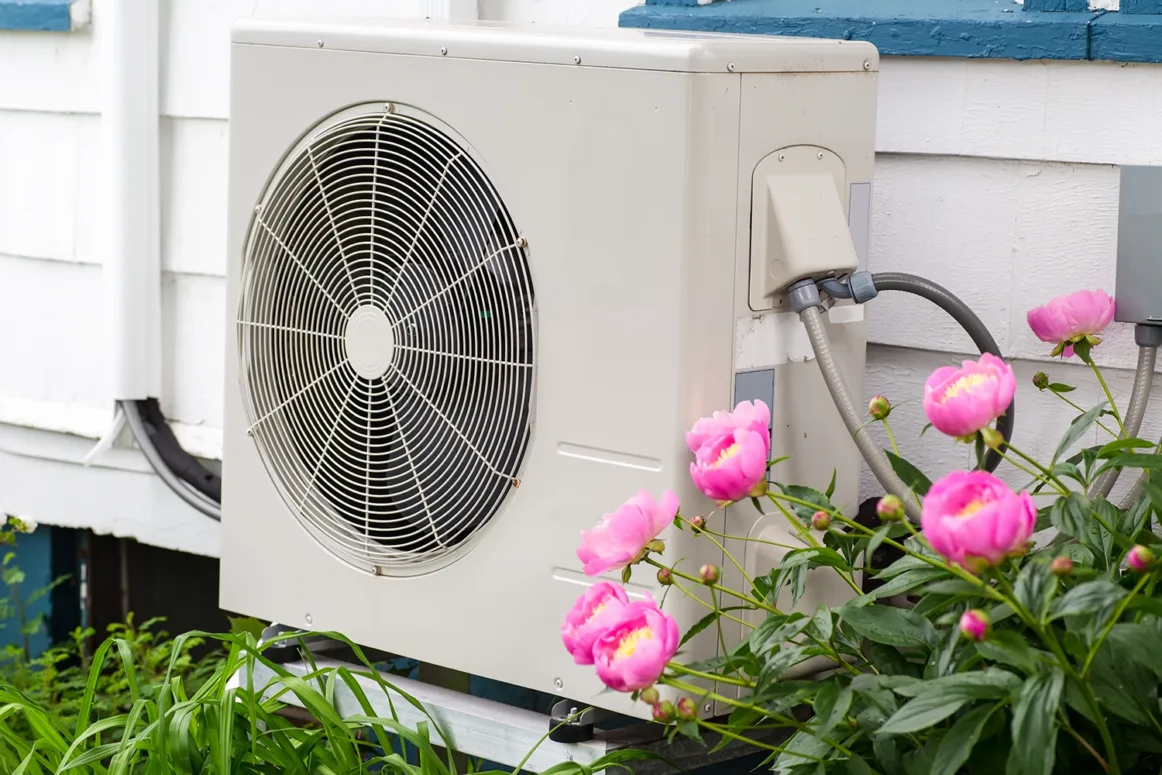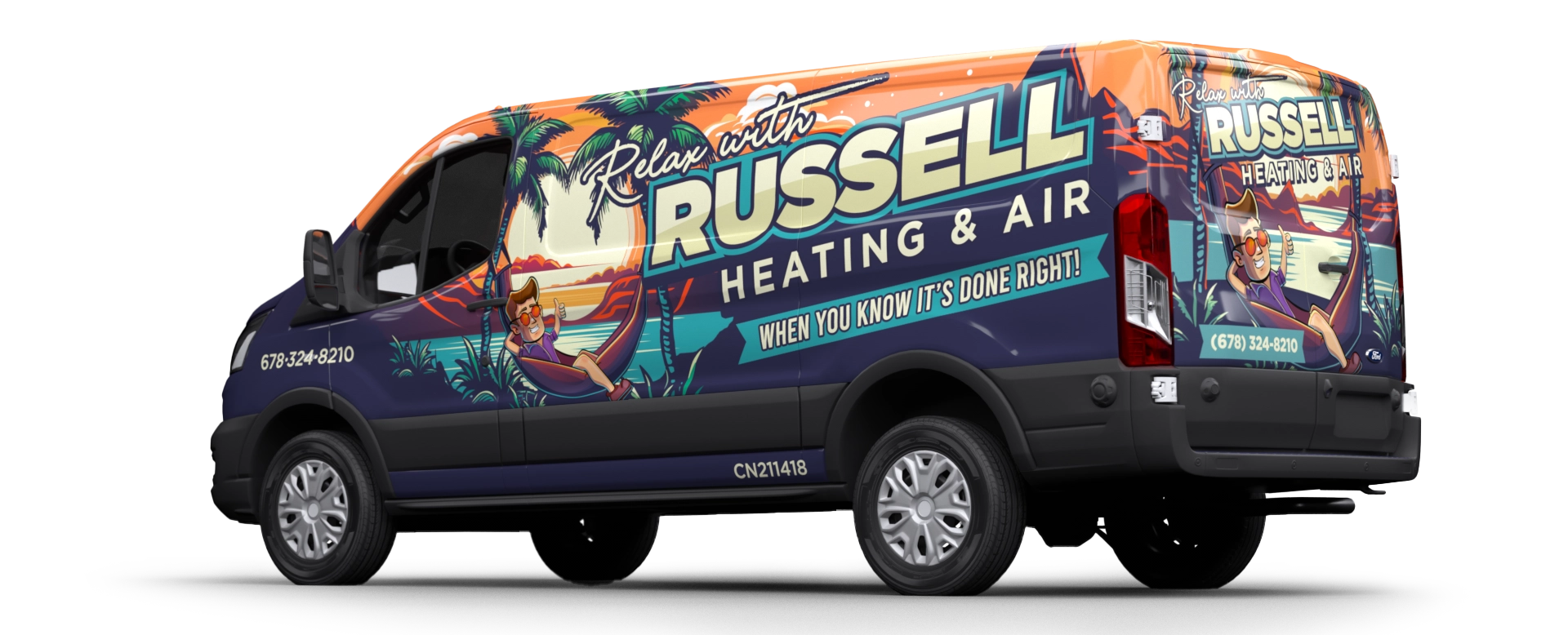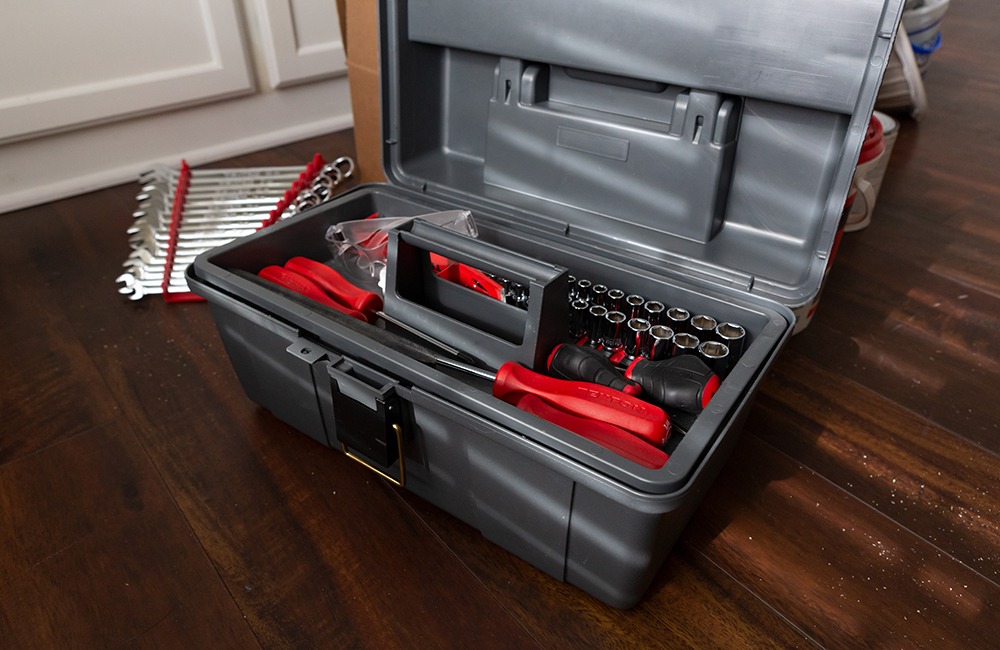
How to Know if Your AC Needs an Upgrade or Repair
Ongoing investments in your air conditioning system through regular maintenance can help ensure a lasting environment of comfort. Regardless of how much you originally spent on it, your HVAC systems all need regular care and maintenance. While taking care of your air conditioner prolongs the life span of the unit, electronic appliances still experience wear and tear with time. A complete upgrade or a thorough repair may be imminent, especially if you have an older unit.
It is imperative to understand when to go for an upgrade or repair. A quick survey of HVAC repairs and services in Canton, GA showed that homeowners rarely get it right. Most homeowners were uncertain if their air conditioners were faulty at all, and even if they did, they rarely called for help until their HVAC systems stopped working entirely and they were without AC in the heat of the summer. Don’t let that happen to you! Let’s discuss the various symptoms of a failing air conditioning system and when to act on them so you aren’t left sweating it out.
Your AC is not producing cold enough air
The basic function of an air conditioner is to produce cold air. If it fails to do so, there’s obviously some problem in the system. There are a variety of factors that can affect your air conditioner’s ability to function at its optimal level. The core reason could be low refrigerant levels or a failing compressor. Call your AC technician immediately and have it checked thoroughly before it stops working entirely.
The airflow is insufficient and unsatisfying
While your AC unit may still be working, it just doesn’t feel the same anymore. This could be a compressor issue. The fan could be jammed or bent, or the entire compressor system could be dysfunctional. There could also be an issue with the vents, such as being blocked or damaged. These issues can be repaired but it may depend on the age of your air conditioner. If you are experiencing problems frequently, it is advisable to go for an upgrade. If you are servicing or having your air conditioner repaired more than twice per year, it is time to consider an upgraded unit.
There\’s persistent moisture and leakage around the unit
You may have noticed your air conditioner dripping water consistently. When the condensation is excessive, the air conditioner may leave a pool of water around the unit. There are many reasons that may account for the leakage, such as clogged or disconnected condensate drain lines, a clogged or rusted drain pan, a malfunctioning condensate pump, or a frozen, dirty or damaged evaporator coil. Professional assistance for any of these scenarios is strongly recommended. Depending on the cost of the repair involved, you may decide to upgrade rather than repair.
If the leak is from the refrigerant it is a serious threat, not just to the health of your air conditioner, but to you and your family’s health as well. It can also cause damage to your furniture and the floor, and lead to the growth of mildew or dangerous mold.
Your HVAC is making unusual sounds you haven’t heard before
You might be hearing noises from your air conditioner for the first time, or you could be hearing a noise that is unusual and that you do not recognize. Every noise your air conditioner makes means something specific. Your technician would be the best person to identify it. Possible reasons for the noises include loose, broken or out-of-balance parts. Defective control units and dysfunctional or failing thermostats could also be possible reasons. Sometimes debris on the outdoor unit or a refrigerant leak contribute to the concerning noises as well. There may be an easy and inexpensive fix, or it could be a serious issue making unit replacement a consideration.
There is partial cooling or some zones are not cooled
A perfectly functional air conditioning unit or units should be capable of cooling the entire home evenly, even for larger homes providing the size of the unit or units is appropriate for the size of the house. If you’re experiencing uneven cooling, your air conditioner is not functioning in its ideal capacity anymore.
If some regions or zones in the house are not as cold, this could be a thermostat issue. If your thermostat is defective or broken, it will not be able to control the compressor effectively, resulting in partially cooling the entire space or not cooling other areas at all. Replacing or repairing the thermostat could be the solution for uneven cooling.
You’ve had your HVAC system for more than 10-15 years
Every appliance has a life cycle. Air conditioners have a longer life span compared to other types of appliances. However, they do require replacement at some point. On average, air conditioners stay in good working condition for 10 to 15 years. It could be the case that your air conditioner has outlived the 15-year mark and is still functioning at optimal capacity. Even so, you may consider upgrading to modern air conditioning systems as they are more energy efficient. In addition to reducing the frequency of repairs and the associated costs, a modern system gives you a break on your electricity bill and creates a more environmentally friendly home.
It is safe to say that early and timely intervention can protect your air conditioning system from a severe failure. Adopting a proactive mindset toward your HVAC systems and considering upgrading to a more efficient unit before your old one bites the dust can help keep your household running without uncomfortable interruptions, as well as contribute to a cleaner, greener environment.
A quick overview of the topics covered in this article.
- Your AC is not producing cold enough air
- The airflow is insufficient and unsatisfying
- There’s persistent moisture and leakage around the unit
- Your HVAC is making unusual sounds you haven’t heard before
- There is partial cooling or some zones are not cooled
- You’ve had your HVAC system for more than 10-15 years
Latest articles
October 21, 2024
October 21, 2024
October 21, 2024



